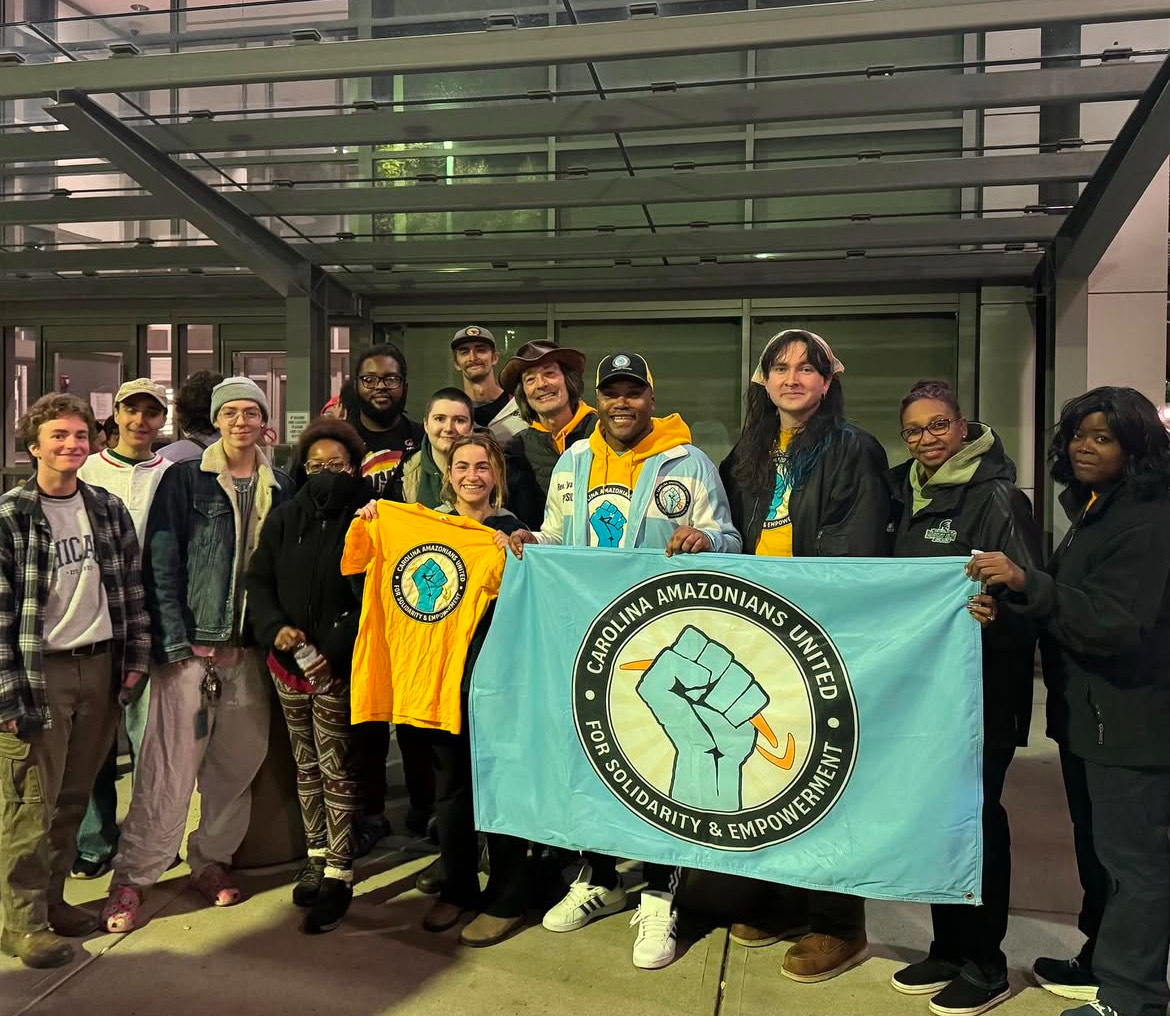
Alexandra Sauceo, 12, from the group Youth Action Changes Things, listens intently to a Census outreach seminar for Mexican-American students. Photo by Darren Tobia
To his peers, Oscar Zempoaltecatl, 15, is considered a pretty normal kid — perhaps a bit of a jokester. But to his community leaders in the year of the census, he could be a linchpin of future political and economic empowerment.
Census outreach efforts to the city’s Mexican-American community — one of the most elusive and undercounted communities — are targeting students more than ever. Young people are expected to play a pivotal role in convincing parents and elders to complete and return the once-a-decade survey, which determines things such as allocation of federal funds and redrawing of political districts.
The census recently arrived in Oscar’s mailbox in Sunset Park, Brooklyn, home to one of the city’s largest Mexican-American populations. The last time the census came to town, research estimates only half of the city’s Mexican-American residents — the third largest Latino group — were counted. Overall, New York City’s 55-percent return rate in the 2000 census was well below the national rate of 75 percent.
His mother has already expressed some concern to him about completing the form.
“She thinks it could have a negative effect on us,” Oscar said.
But Oscar, along with four friends from his Brooklyn-based after-school group, Youth Action Changes Things, attended a census seminar at Baruch College in Manhattan on a recent Friday. He emerged ready to have a difficult but important discussion with his mother, he said.
“This is not just a bunch of papers you have to fill out every 10 years,” Oscar said.
Angelo Cabrera said he wanted to train the students to be ambassadors to their community and to reassure others that there is little to fear.
“There is a trust among parents to their son or daughter,” said Angelo Cabrera, president of the Mexican-American Student’s Alliance, which sponsored the event. “We are not going to tell them something that will hurt them in the future.”
Cabrera is trying to spread the message through young people that the census can actually reap benefits to the 10.3 million undocumented immigrants living in the U.S. — 57 percent of whom are Mexican-American, according to a study by the Pew Hispanic Center study.
On one hand, records are now more confidential than ever before. The Justice Department announced last month that not even the Patriot Act could grant access to a person’s census data.
But that information can be accessed at a later date at the participant’s request, and used to gain amnesty after working 10 years in the country, Cabrera said.
Still, undocumented immigrants are not the only group contributing to the undercount in the Mexican-American community, advocates point out. The recession has forced many families to share housing, often exceeding the limit of occupants allowed by law. Doubled-up tenants fear that participation in the census could make them vulnerable to eviction, according to Jackson Chin, a counseling attorney at LatinoJustice PRLDEF, a Latino advocacy organization.
These fears, however varied, have severely cost the city and residents relying on some form of government service or program. Last census, an estimated $847 million in federal funds were lost from the undercount, according to a final report to Congress by the U.S. Census Monitoring Board.
“That’s money that went to other states, other counties,” Chin said. “That could have brought a lot of new schools, teachers, jobs and services.”
Other types of government funding directly related to census participation include unemployment insurance, Medicaid, school lunches, Head Start, road construction and Pell grants, a higher-education subsidy for students of low-income families.
Chin said there has never been a case known to the public of a census worker violating confidentiality, adding it was “theoretically possible, but highly unlikely.” Any report of a breach would be “scandalous,” rendering the nearly billion-dollar census promotional efforts useless, he said.
Nevertheless, census return rates in New York City — Brooklyn has the fewest returns at 38 percent — have so far disappointed many advocates. Despite an unprecedented investment in outreach, far more is needed, Chin said. On a recent Sunday, Chin joined a team of volunteers, which included college students and kids from Oscar’s after-school group, to hand out flyers in Sunset Park. He was amazed out how little promotional signage he found in the neighborhood, given the significance of the message.
Still, he said joining the group of “idealistic” young ambassadors was an excellent strategy.
“Youth are very important to getting the message out when the adults are failing,” Chin said.
And there was a palpable sense of urgency among the young volunteers.
“We have to inform our community,” Monica Vega, 18, the group leader of Oscar’s group.


Comments
[…] more: https://pavementpieces.com/mexican-americans-urged-to-respond-to-census/ Possibly related posts: (automatically generated)Getting an accurate count and moving […]
Well said
It is unfortunate that a culture such as the hispanic culture fears filling out the documents that are intended to provide assistance. Perhaps place like NYC should realize their prvious history of agression towards the undocumented worker and the need to always treat different as grounds to be prejudice against perhaps also leads to the Hispanics as well as other culturally similar minorities to hide and not respond as NYC wants them to. NYC show your heart and those that are there to be counted might show their heads.